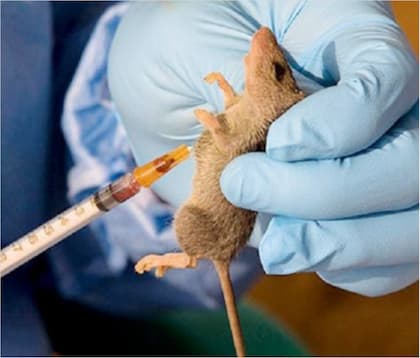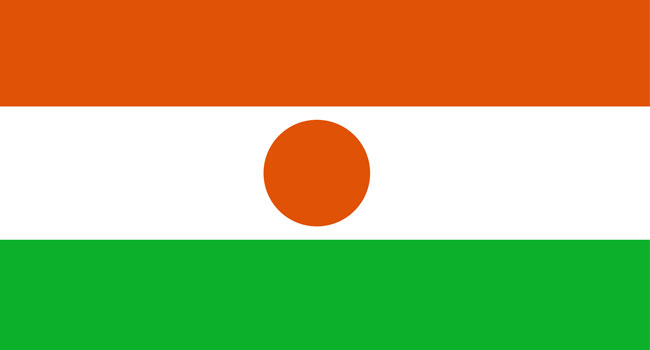The National Agency for Food and Drug Administration and Control (NAFDAC) says the use of bleaching creams in Nigeria has now become a national health emergency.
Mojisola Adeyeye, director-general of NAFDAC, spoke on Thursday while flagging off a media sensitisation workshop on the dangers of bleaching creams and regulatory control organised by the association of Nigerian health journalists in Kano.
Adeyeye said the use of skin-bleaching creams is prevalent among 77 percent of Nigerian women.
She said according to a World Health Organisation (WHO) study, this percentage is the highest in Africa compared to 59 percent in Togo, 35 percent in South Africa, and 27 percent women in Senegal.
“This scary statistic has shown that the menace of bleaching creams in Nigeria has become a national health emergency that requires a multi-faced regulatory approach,” she said.
“Part of the multi-pronged approach is consultative/sensitization meetings such as this and heightened raids on distribution outlets of bleaching creams.”
She warned against the use of the creams, noting that some of the harmful effects include cancer, damage to vital organs of the body, skin irritation and allergy, skin burn and rashes, wrinkles, premature skin aging, and prolonged healing of wounds.
Adeyeye said in 20220, Boss Mustapha, secretary to the government of the federation, wrote to NAFDAC stressing the need to take stringent regulatory actions to stem the dangerous tide of rampant use of bleaching creams.
“We immediately took some decisive steps such as sensitization of the public through different media outlets, enforcement through intelligence, and raids in trade fair complexes that have resulted in large seizures and destruction of violative products,” she said.
“One of such sensitisation actions was the flag-off of media sensitisation workshops organized for journalists in Abuja and Lagos.
“Today’s sensitization workshop is, therefore, a fulfillment of my promise to cascade it to the six geo-political zones in the country as a deliberate strategy of mobilizing, educating, sensitizing, and challenging Nigerian health journalists to play frontline role in our concerted efforts to eradicate the menace of bleaching creams and needless waste of scarce resources in Nigeria.”







